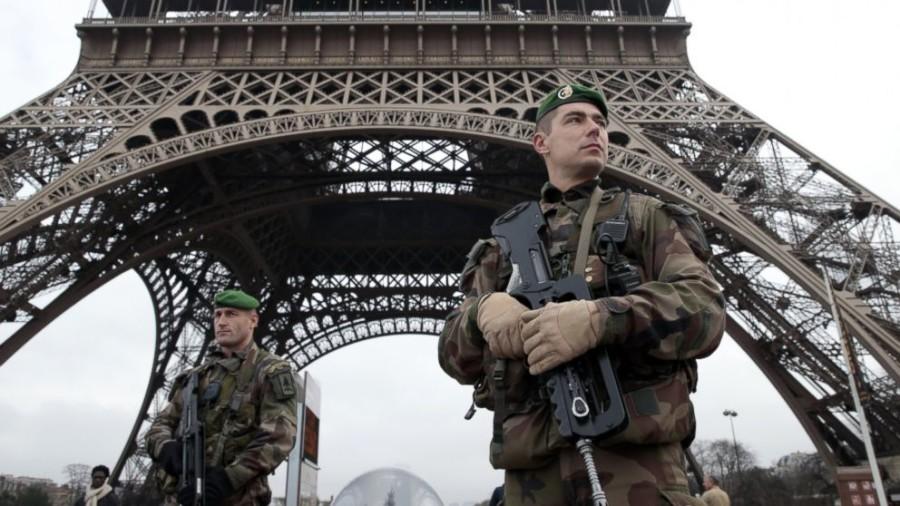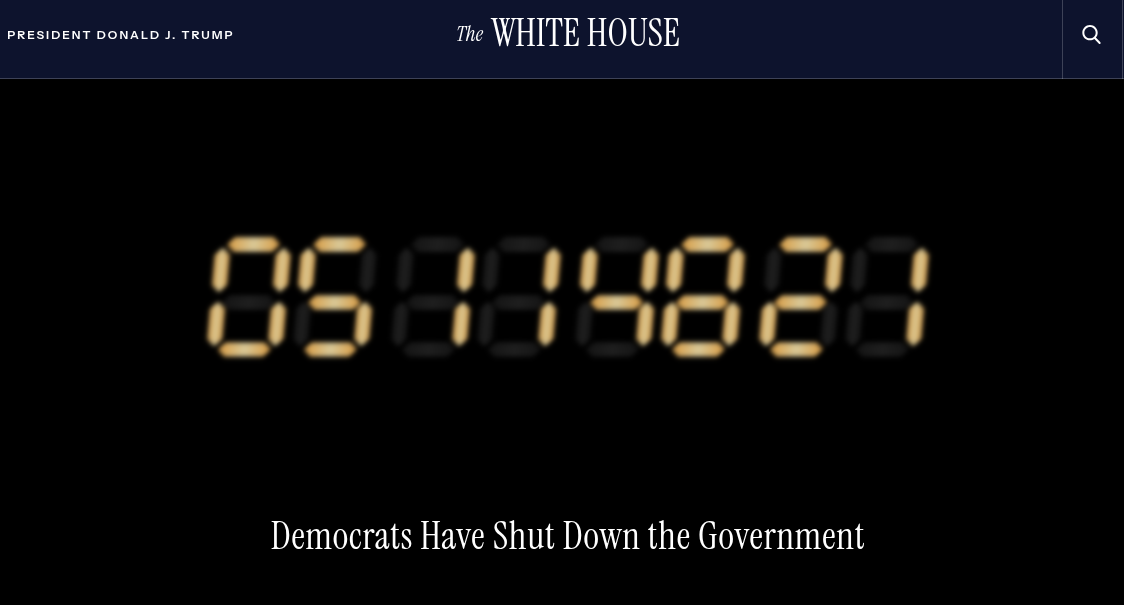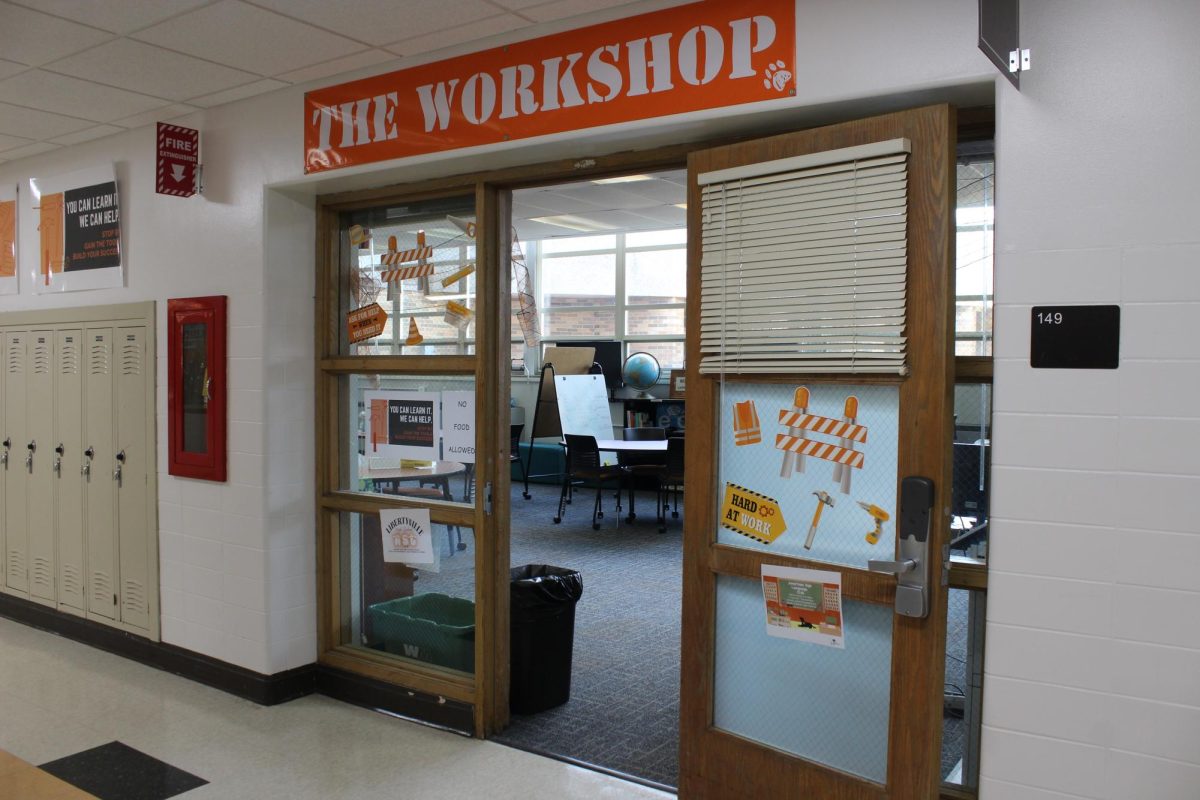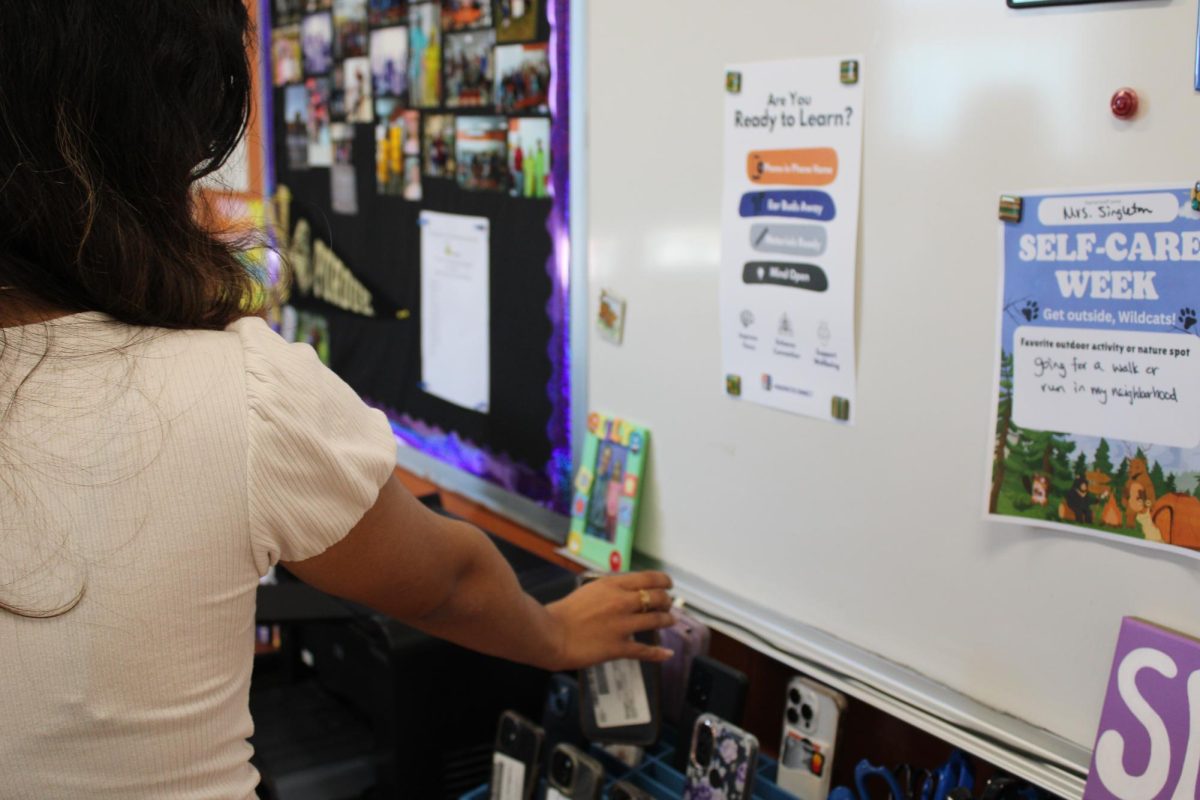Gunmen have shot dead 12 people at the office of French satirical magazine Charlie Hebdo earlier this morning in what appears to be a militant Islamist attack, reports said.
Believed to be the deadliest attack in France since 1961, when right-wingers who wanted to keep Algeria French bombed a train, the attacks on the Paris office of Charlie Hebdo occurred around noon. The gunmen are believed to still be on the loose. In their attack, two police officers and ten employees were killed at the scene.
The staff of the magazine was in an editorial meeting when the gunmen headed in straight for the paper’s editor, Stephane Charbonnier, killing him and his police bodyguard first. Minutes later, after shooting other members of the staff, the two other men walked out of the building to a black car waiting below. The car has since been found abandoned in northern Paris, according to officials.
France’s police have a witness, who refused to be named because he feared for his safety, who claims “they knew exactly what they had to do and exactly where to shoot” in an interview with ABC News. He said that the men “were very well-trained and seemed to have an exact plan for what they needed to do.”
A mass manhunt is underway for the three men responsible for this attack. In an interview with BBC, France’s president Francois Hollande called the killings “a terrorist attack without a doubt,” saying that several other attacks have been threatened in France in recent weeks.
Corinne Rey, a cartoonist for the magazine, was forced to let the gunmen in with her key pass, according to BBC. A video shot from the top of a building’s roof was broadcasted on French TV, showing the killers shouting “Hey, We avenged the Prophet Muhammad! We killed Charlie Hebdo” in French. The gunmen shouted “Allahu akbar!”, meaning “God is the greatest!”, as they fired.
Both al-Qaida and the Islamic State group have repeatedly threatened attacks on France, especially in the past few weeks. al-Qaida supporters tweeted about the attack minutes after it happened, saying it was completely justified.
This was not the first attack that the magazine has received. In 2011, Islamic groups firebombed the offices after they released a cartoon of the Prophet Muhammad. Since then, no other attacks had occurred until this afternoon in Paris.
This past week’s issue of the magazine featured a cartoon entitled “Still No Attacks in France,” including a caricature of a jihad fighter saying “Just wait, we have until the end of January to present our New Year’s wishes.” A few minutes before the attack, Charlie Hebdo tweeted a satirical cartoon illustrating the Islamic State’s leader sending New Year’s wishes.
In the winter edition of the al-Qaida magazine Inspire, a chief described where to use a new bomb, saying “Of course the first priority and the main focus should be on America, then the United Kingdom, then France, and so on.” An al-Qaida tweeter said the group is not claiming responsibility for the attack, but called it “inspiring.”
President Obama offered the U.S.’s services in pursuing the gunmen, saying they had attacked freedom of expression, according to ABC News. He offered his prayers for the people of France, calling them “America’s oldest ally.” David Cameron, Britain’s Prime Minister, said that his country stands united with France, supporting free speech and democracy.
The hashtag #JeSuisCharlie, meaning “I am Charlie”, is trending on social media as people showed their support for the magazine and for journalistic freedom. Charlie Hebdo’s website collapsed around the attack, but was later restored.
Junior Becca Yin heard about the attacks the day of. “I don’t understand why someone would want to kill cartoonists, it makes me sad,” she said. Yin isn’t sure if the government can do anything except try to recover. “If they really want to prevent something like this from happening again, they’d have to change the way the government works and how satire is viewed by people,” she said.
France has raised its security alert to the highest level and has increased their protective measures at churches, stores, media offices, and public transportation. Schools closed across Paris, and many businesses closed for fear of safety. Thousands of people have jammed Republique Square near the site of the attack to honor the victims, holding pens and papers high in the air that read “Je suis Charlie.”
On January 15, an estimated 1.6 million people flooded the streets of Paris to show their support for their country and those affected by the attacks. More than 40 world leaders joined at the start of the march for the magazine, all linking arms to reflect their solidarity. The French government stated in an interview with BBC that the turnout for this rally was the highest on record.
Lyse Doucet of the BBC reports from the site of the rally that Francois Hollande was at the head of the march. The rally has bee led by the relatives of the victims of the attacks, beginning at the Place de la Republique and concluding in the Place de la Nation. Several other French cities held rallies on this day, with around 3.7 milllion people showing their support across the country.
This morning, French leader Francois Hollande stated in a tweet that “Paris is the capital of the world today”, minutes before the march began. World leaders from all around Europe joined at the beginning of the march, all observing a minute of silence before the march for unity began.





![Wildcats do their pre -race circle that consists of chants and cheers to hype up the team. “I think cross country is such an interesting sport, in the way we're all kind of struggling together at the same time," senior Emme Fogle said. "[We have] comfort knowing that everyone's kind of going through the same thing. It's kind of incredible.”](https://www.lhsdoi.com/wp-content/uploads/2025/09/Screenshot-2025-09-25-3.14.42-PM.png)



